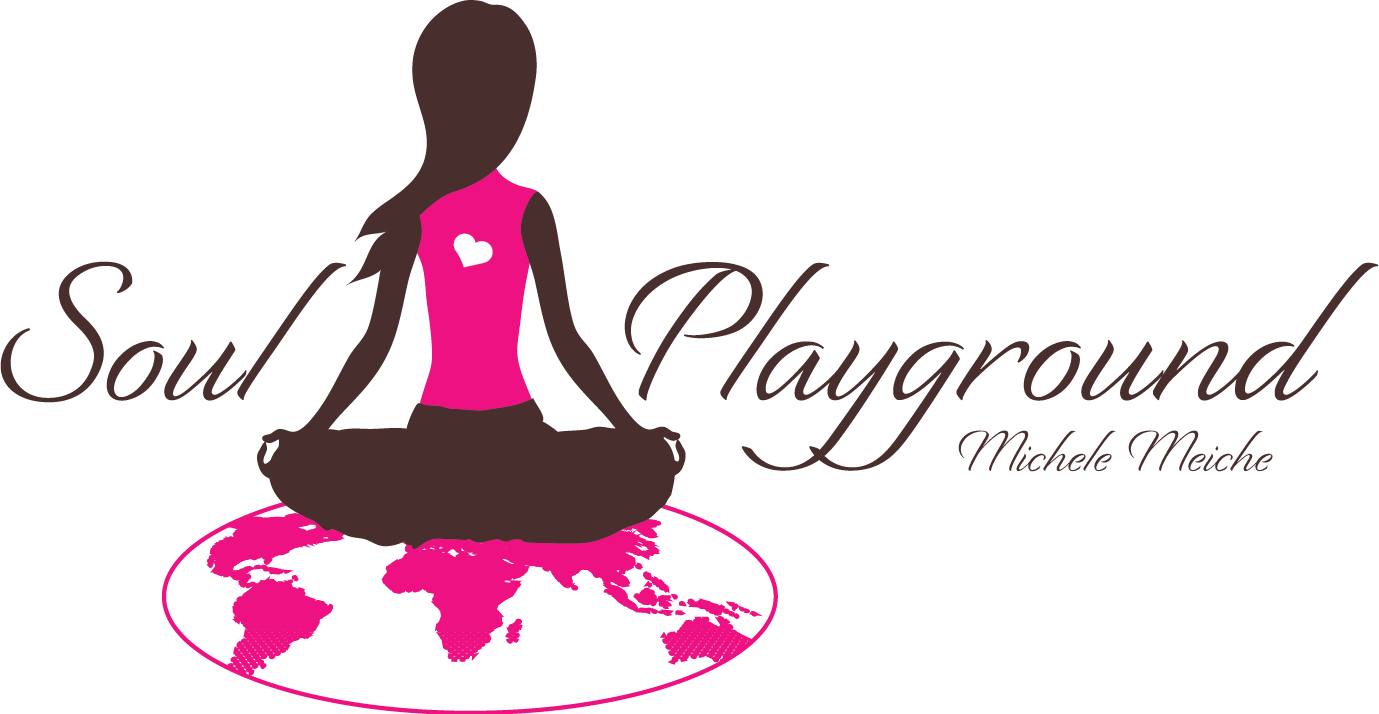Guidelines for the Process of
Loss & Grief
These are some key stages and feelings that come up for an individual, a family, a nation when encountering the process of dying, death, loss and major change. This is simply a guideline. No two people grieve the same, and no two people grieve for the same time period. The process of grief does not happen in a linear fashion or from 1-10. The process is cyclical and manifest in many different ways. It is a process as unique as an individual person.
This is a guideline; a beginning to understanding and not a definitive proclamation on the process. Use this to help you access where you are in the process and as a guideline as to what individual support you may need. Remember this is a personal process. You may need time to be alone; however be aware of isolating yourself at this time. The process of grieving is a very sacred time and must be honored individually. We must learn as a society to support the person or persons grieving. A facilitator or therapist in assisting in the process of grief is there to hold a space for healing and created a safe place for feelings to be expressed and explored. This needs to be done in a non-judgmental way and in a way that honors the individual's inner process.
Many times it is beneficial for the person grieving to ask for support and to ask for that support in specific ways. For instance one may just need and want to be listened to and not given advice or suggestions for processing emotions or thoughts. There needs to be a flexibility in approach and in assistance. The individual, family or group grieving will not always need the same assistance. Like all communication sometimes we have to stumble and fumble until we know what we need and can ask for what we need and want. Also, feelings can be messy. This is ok.
We don't always have to express ourselves succinctly. Sometimes it may take 30 minutes to know what we are feeling, sometimes 3 hours, other times 30 days. For some years. It is important that one allow themselves the time to find their expression and what they feel and need. It is also very important to learn to ask for what you need, to know when to furnish it yourself or ask it of another. And, in stating this it is important to work with a facilitator or therapist that you feel comfortable with, even with uncomfortable emotions and feelings. It is crucial that you not give up on yourself and process and begin to notice the difference between your process and you. In choosing a facilitator or therapist you need to feel a sense of rapport and enough initial trust to allow for a consistent relationship in building further trust to facilitate healing and wellness through this important transition.
